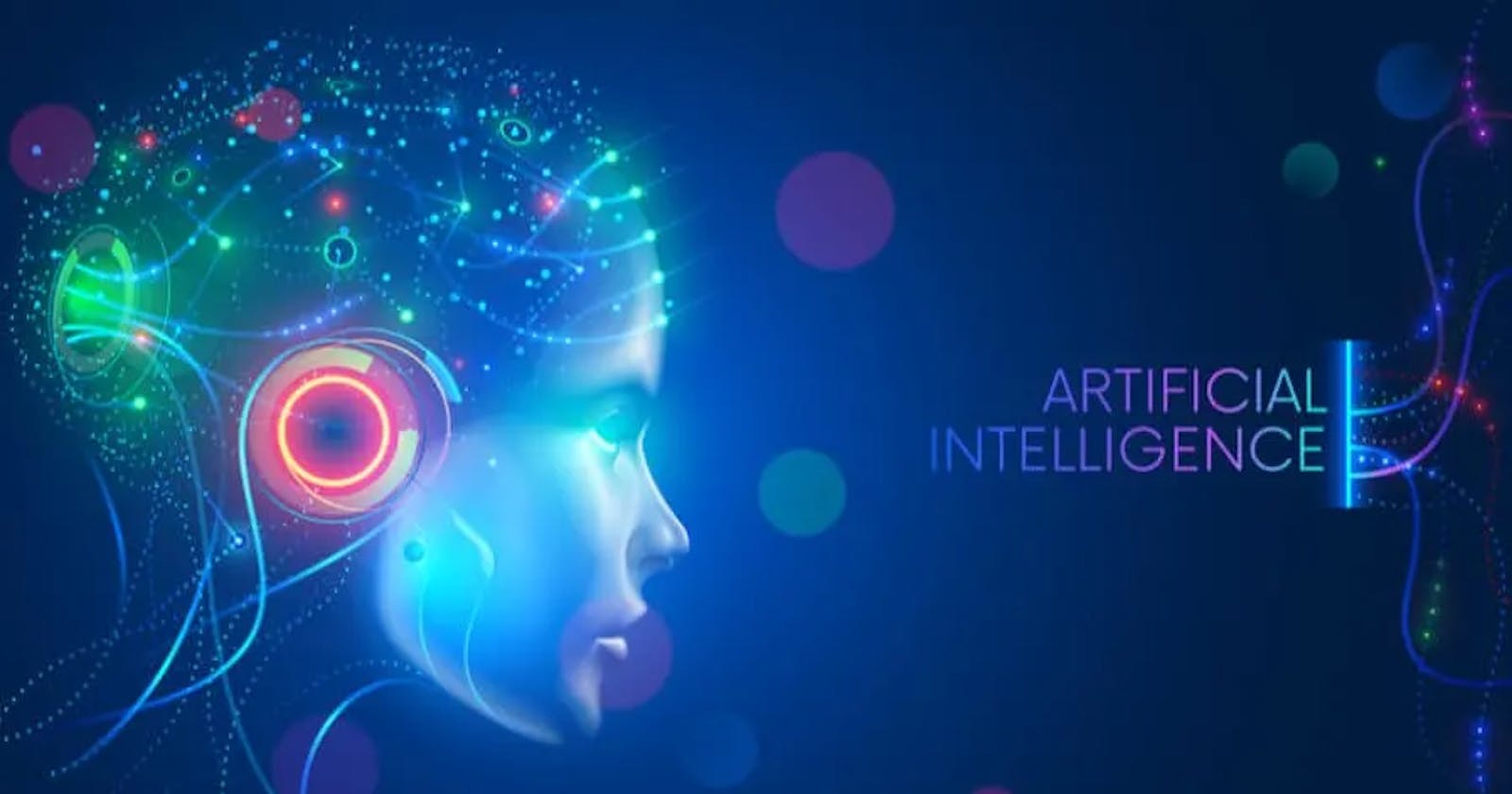Artificial intelligence (AI) is a rapidly growing field that is revolutionizing the way we live and work. While AI has made significant progress in recent years, there are still certain things that are unlikely to happen shortly. In this article, we will explore seven things that won't happen in artificial intelligence.
AI will not replace humans entirely One of the biggest misconceptions about AI is that it will eventually replace human workers. While AI has the potential to automate many tasks, it still requires human input and oversight. Moreover, there are certain tasks that AI is not well-suited for, such as those that require empathy, creativity, and intuition.
AI will not become self-aware Despite what science fiction movies might suggest, AI is not going to become self-aware any time soon. While researchers are exploring the possibility of creating sentient machines, we are still a long way from achieving this goal. AI is currently limited to performing tasks that it has been programmed to do.
AI will not be immune to bias One of the biggest challenges facing AI is the problem of bias. AI systems are only as unbiased as the data that they are trained on. If the data contains biases, then the AI system will also be biased. While researchers are working to address this issue, it is unlikely that we will ever completely eliminate bias from AI.
AI will not be able to replicate human emotions While AI can recognize and respond to emotions, it is not capable of experiencing them in the same way that humans do. Emotions are a complex mix of physical sensations, thoughts, and behaviours, and replicating them in a machine is a significant challenge.
AI will not be able to make moral judgments AI can help us make decisions by providing us with data and insights, but it is not capable of making moral judgments. Determining what is right or wrong requires an understanding of human values, beliefs, and cultural norms, which are not easily quantifiable.
AI will not be able to replace human creativity While AI can generate novel ideas and solutions, it is not capable of replacing human creativity. Creativity is a uniquely human trait that involves the ability to imagine and create new things. While AI can be used to augment human creativity, it is unlikely to ever replace it entirely.
AI will not be able to predict the future with certainty Despite advances in predictive analytics, AI will not be able to predict the future with absolute certainty. The future is influenced by countless variables, many of which are unpredictable. While AI can help us make better-informed decisions, it cannot eliminate the uncertainty.
In conclusion, while AI has made significant progress in recent years, there are still certain things that it is unlikely to achieve in the near future. While researchers continue to explore the boundaries of what is possible, it is important to be realistic about the limitations of AI and the challenges that it still faces
